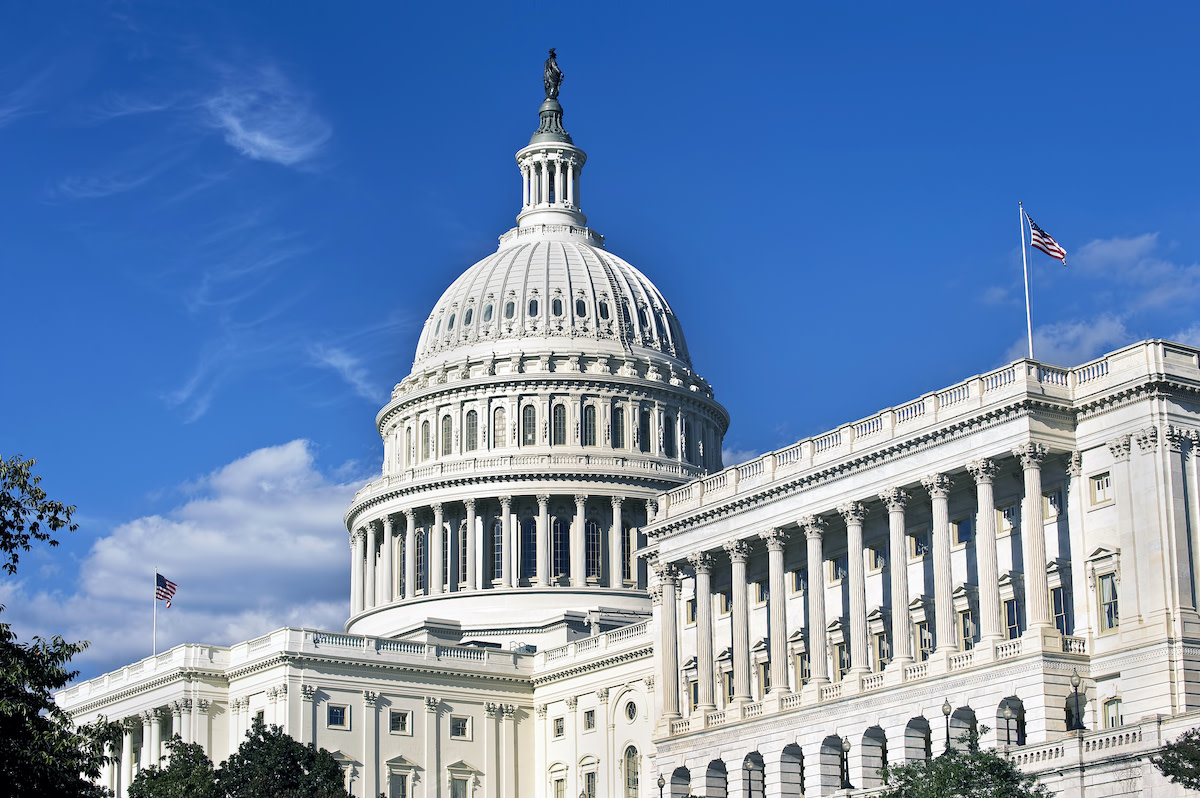Department of Health and Human Services: What Is HHS?
Written by MasterClass
Last updated: Sep 12, 2022 • 2 min read
The US Department of Health and Human Services (HHS) is a cabinet-level department of the federal government dedicated to Americans' healthcare and well-being.
Learn From the Best
What Is the HHS?
Dedicated to public health programs, the US Department of Health and Human Services is one of the largest sectors of the federal government. The Secretary of Health and Human Services leads the Washington, DC-based department. A member of the president’s cabinet, the president submits the HHS secretary as a nominee, and then, the Senate confirms them by a majority vote.
Medicare and Medicaid, research divisions like the National Institutes of Health (NIH) and the Centers for Disease Control and Prevention (CDC), and regulatory divisions like the Food and Drug Administration (FDA) all fall under HHS purview. The department is the successor to the Federal Security Agency (FSA) and the Department of Health, Education, and Welfare (HEW). The present structure of the department dates back to 1979 and the administration of President Jimmy Carter.
The HHS deals with social services programs like Medicare and Medicaid. Until 1995, the HHS also oversaw Social Security.
A Breakdown of the HHS’s Responsibilities
The Department of Health and Human Services tasks include promoting and improving the health of all Americans. It does this in a number of ways:
- Health insurance: Through the Medicare and Medicaid programs, HHS provides healthcare to approximately 25 percent of all Americans. It also enforces Congressional measures, like the Affordable Care Act and Health Insurance Portability and Accountability Act of 1996 (often called HIPAA), to help Americans maintain private insurance. Other department tools include the Health Resources and Services Administration (HRSA) and the Administration for Children and Families (ACF).
- Research: The HHS plays an important role in health research agencies like the National Institutes of Health (NIH), the Agency for Healthcare Research and Quality (AHRQ), the Centers for Disease Control and Prevention (CDC), and the Agency for Toxic Substances and Disease Registry (ATSDR).
- Improving health databases: HHS operates the Office of the National Coordinator for Health Information Technology (ONC), which leads a strategic plan to coordinate nationwide healthcare databases.
- Food and drug safety: The HHS Department includes the Food and Drug Administration (FDA), which ensures the safety of prescription drugs and most foods sold in the United States.
- Setting policy: As part of the president's cabinet, the HHS Secretary coordinates with the White House and Congress to set healthcare policy and communicate with the US public.
5 Agencies the HHS Oversees
The Department of Health and Human Services oversees numerous federal agencies. These include:
- 1. Administration for Children and Families: Through partnerships, training, funding, and more, the ACF focuses on the social well-being of children and families.
- 2. Administration for Community Living: The ACL helps older adults have autonomy over where they live.
- 3. Centers for Medicare & Medicaid Services: The CMS deals with affordable and accessible healthcare through its programs: Medicare, Medicaid, and the Health Insurance Exchanges.
- 4. Indian Health Service: This agency provides federal healthcare to Indigenous peoples in the United States.
- 5. National Institutes of Health: This is the medical research agency of the United States.
Many HHS agencies, such as the National Institutes of Health, fall under the purview of the US Public Health Service (a division within HHS), but their employees may also interact with other federal departments, such as the Department of State or the Department of Agriculture.
Learn More
Get the MasterClass Annual Membership for exclusive access to video lessons taught by the world’s best, including Paul Krugman, David Axelrod, Doris Kearns Goodwin, Karl Rove, Jane Goodall, and more.
